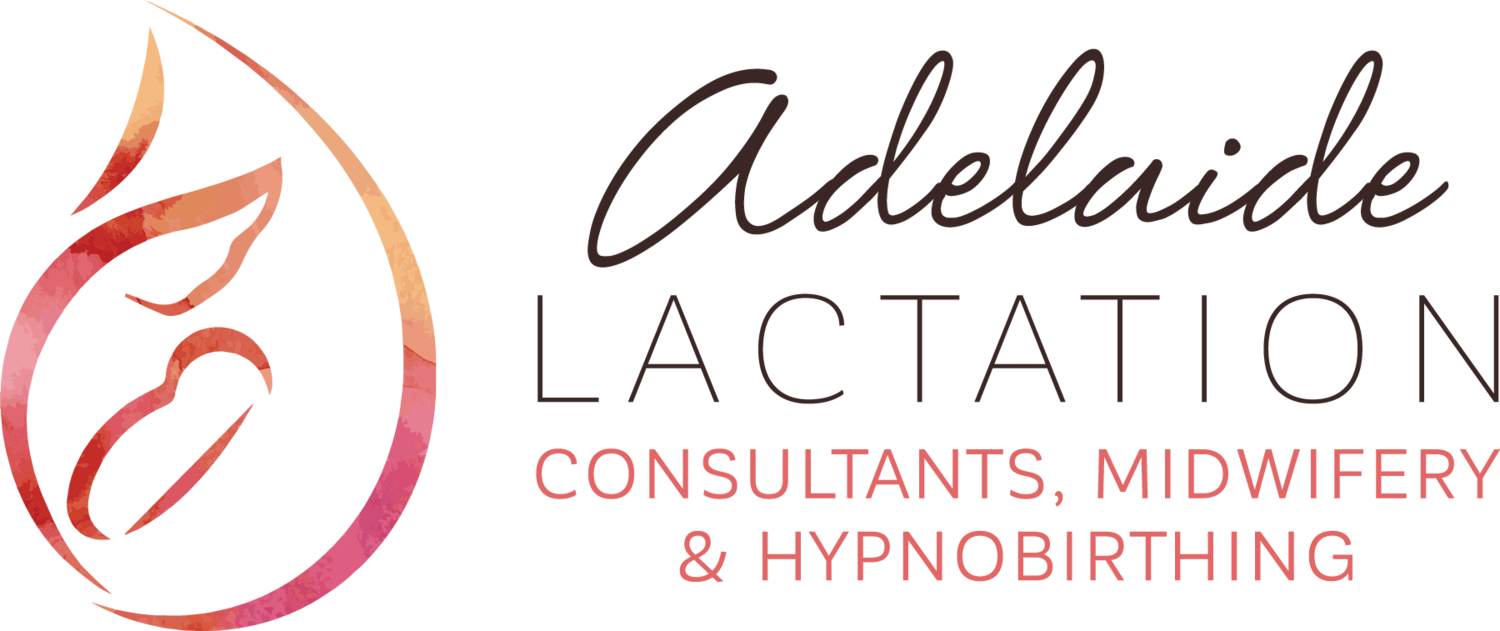The Benefits of Private Postnatal Midwifery Care in the Home: Empowering Mothers through Breastfeeding, Confidence, Support, and Consistent Advice
/Bringing a new life into the world is a beautiful and transformative experience. Throughout this journey, women deserve the utmost care and support. Private midwifery care in the comfort of one's own home offers numerous advantages, enabling mothers to embrace the benefits of breastfeeding, gain confidence, receive unwavering support, and access consistent advice. In this blog post, we will explore the transformative impact of private midwifery care, emphasising the importance of these elements in creating a positive birthing and postpartum experience.
1. Breastfeeding Support:
Breastfeeding is not only a vital source of nutrition but also strengthens the bond between mother and baby. Private midwifery care provides personalised guidance, addressing any challenges that may arise during breastfeeding. Midwives are trained to help mothers establish a successful breastfeeding routine, ensuring the baby receives optimal nutrition and fostering a deep emotional connection. However care with an Endorsed Midwife with additional qualifications of IBCLC can further enhance this support!
2. Building Confidence:
Bringing a new life into the world can be both exhilarating and overwhelming. Private midwifery care offers personalised attention, allowing mothers to build confidence throughout their journey. Midwives provide emotional support, empowering mothers to trust their instincts and make informed decisions. This personalised care and encouragement are invaluable in promoting self-assurance during the transformative postpartum period.
3. Unwavering Support:
Private midwifery care extends beyond the confines of the hospital, providing comprehensive support in the familiar setting of home. Midwives develop a close relationship with the mother, offering continuous support during pregnancy, labor, and the postpartum period. This support is particularly beneficial for mothers who prefer a holistic and intimate approach to childbirth, ensuring their emotional and physical needs are met. Our home visits are at least one hour long and cover all aspects of care with careful attention to your needs at each stage.
4. Consistent Advice:
Consistency is crucial when it comes to receiving advice throughout the birthing and postpartum journey. With private midwifery care in Adelaide, mothers can rely on a single trusted source for guidance. Midwives offer evidence-based advice on a wide range of topics, including postnatal care, nutrition, mental health support, and postpartum recovery. This consistency promotes a sense of security and eliminates conflicting information that can often lead to confusion.
Private midwifery care in the home is a remarkable choice for mothers seeking a holistic and individualised approach to care. The benefits of breastfeeding support, confidence building, unwavering support, and consistent advice contribute to a positive birthing and postpartum experience.
By embracing private midwifery care, mothers can experience the transformative power of nurturing and knowledgeable support, empowering them to embark on their journey of motherhood with confidence and grace.
We offer postpartum packages and lactation consultations within Adelaide and surrounds that attract a Medicare Rebate all within the comfort of your home. No need to miss out if you live rurally as we also offer our packages via Zoom to those families unable to access us directly. We are often able to offer an appointment or two whilst you are in Adelaide (if birthing here) and then pick up once you are home via Zoom.
See our website for all offerings and book accordingly. Our services can also included full antenatal and postnatal care with birth in your chosen hospital.













